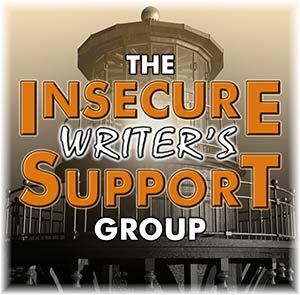Contemplation on war

It’s the first Wednesday of the month again, time for a post for the Insecure Writer’s Support Group.
~~~~~~~~~~~~~~~~~~~~
I will forgo this month’s question because I want to talk about something else: WWII. When I grew up in Moscow, we celebrated the end of WWII on May 9. It was an official state holiday in Russia, with a military parade along the Red Square. Some of my older relatives fought in the war. One of them, Isaac, my great-uncle, was a military doctor during the war and stayed in the army for many years after, working as a doctor. One day, when I was in high school, we were together at a family gathering, celebrating May 9. Isaac got drunk and told me a story of his war service. I’ll never forget that story, even though it was over 50 years ago.
When the Nazis invaded Russia in 1941, Isaac was a medical student (he finished his studies after the war). He was drafted into the army and assigned to a field hospital. One of his duties there was sorting out the wounded soldiers after a battle. Isaac had to sort them into 3 categories, because the resources of any field hospital, in terms of medical personnel, space, and drugs, were extremely limited. The surgeons and nurses needed to know who to help first. Priorities had to be maintained.
The first category consisted of lightly wounded. They could go back to their units soon after surgery or other necessary treatments and perhaps a brief stay at the hospital. That group got quick and urgent care. The army needed those men back in the trenches.
The second group was the soldiers who needed serious treatments the field hospital couldn’t provide. Their healing would take time and effort, but their chances to get back to the front eventually and into more battles were high. That group were given first aid and scheduled for transportation into better hospitals far from the front lines, deep into the Russian territory.
The third group were those who would’ve needed extraordinary medical care to recover and were unlikely ever to return to the front. Maybe, if their medical care was adequate, they could’ve survived, but they could never be soldiers again. That group also received first aid, but not as quickly as the second group, and more often than not, they were not sent anywhere but stayed at the field hospital and were allowed to die in peace.
Even 3 decades after those horrible days of sorting his wounded, Uncle Isaac still felt uneasy about those soldiers. He acted on orders from his superiors and didn’t have any choices, but as a doctor, he still felt responsible, as if he personally condemned those men to die. I suspect that he would never have told me this story if he wasn’t so drunk.
We are all used to the stories of war being stories of heroism, courage, and fighting. There was no courage in Uncle Isaac’s story, no heroes, no fighting, just one young doctor reluctantly following orders, but I rarely heard or read such a poignant and painful story before or after. As a writer, I wonder: could I write a story imbued with such deep emotions without resorting to action scenes or gory descriptions? Can you? Have you? Tell me in the comments.



